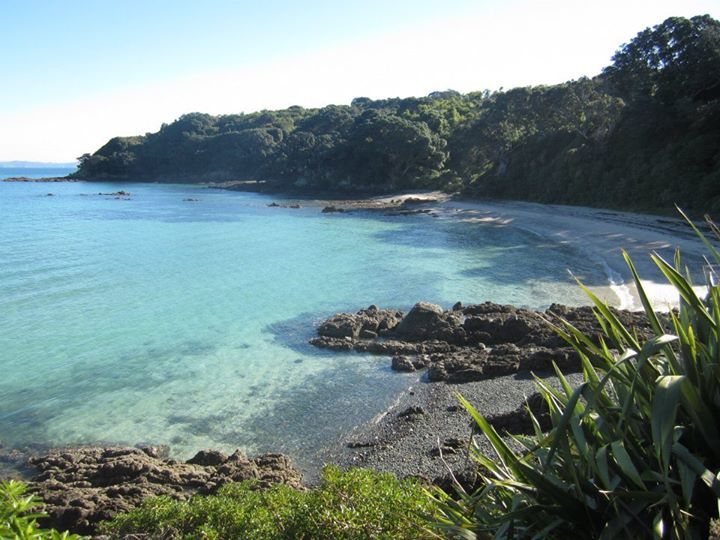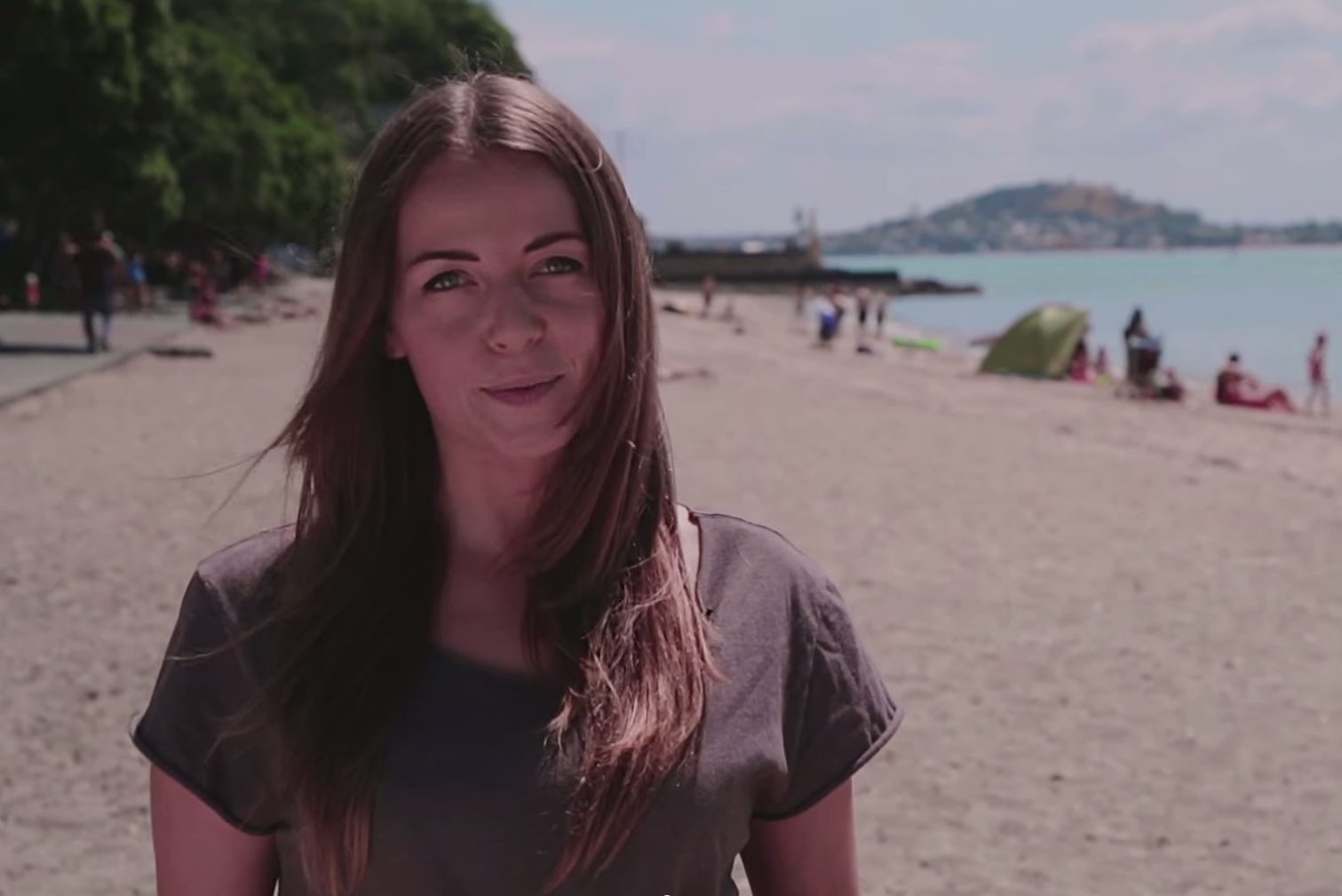Rebecca is a Commonwealth Scholar coming to the end of her PhD in interdisciplinary conservation and social-ecological systems at the Institute for Applied Ecology New Zealand, AUT University. You can find Rebecca on twitter @rebecca_jarvis and www.rebeccajarvis.info. Rebecca was another of our student award winners from the SCBO 2014 conference in Fiji.
SCBO: Why did you decide to pursue a career in conservation science and what sparked your interest in the field?
RJ: Growing up, I always wanted to be a Marine Biologist. After achieving two degrees in the natural sciences I went to work for NGOs in Greece and Madagascar. However, as much as I enjoyed working on the ground, these experiences really opened my eyes to the natural sciences only telling one part of the conservation story. After all, many conservation issues are social issues, and conservation itself is a social process. I decided to return to university to better understand the social and institutional dimensions of conservation research, planning, and action.
What project(s) are you currently working on?
I am currently finishing up my PhD understanding social and governance systems in complex conservation seascapes. The research focused on information flow and decision-making in a multi-actor, multi-priority marine park, and ways we can better integrate local knowledge and values in conservation planning. We recently had two papers published, and have a couple more in the works! You can read our study on citizen science the power of public participation here, and an article we wrote on the mismatches between conservation research and practice here. Ultimately, my PhD investigates how we can put people back in the picture for better conservation decision-making.
What do you see as the main threats to species and ecosystems in New Zealand in the areas where you work? What actions do you think can be taken to have the most impact on combating these threats?
New Zealand conservation has a strong focus on the natural sciences and a good understanding of species, ecosystems, and threats. However, such knowledge is often not enough to achieve successful conservation outcomes alone. The conservation social sciences can be used to understand planning and governance processes, capacity development, and how to translate our knowledge into effective action. The social sciences are increasingly recognised as the “how?” of conservation impact and, as a result, social science research is increasing rapidly around the world. For New Zealand to increase conservation impact, the conservation community will need to prioritise the social sciences to identify how their knowledge of species, ecosystems, and threats can be used to deliver successful conservation outcomes.

What are the biggest challenges faced by young conservation scientists in New Zealand?
Finding your own voice. I think this is true for scientists in New Zealand, and more generally around the world. Science is very good at teaching us how to understand the work of others and undertake independent research. But young conservation scientists are not often taught how to communicate their research to diverse audiences or take on leadership roles. Arguably these skills can be just as important for conservation. If there are courses available that can train you in these skills, take them. If not, try and teach yourself.
The first thing you can do is present your work to as many different audiences as possible – other research groups, government agencies, NGOs, community groups, and the public. The questions and feedback you receive will improve your communication skills and identify the important talking points for different people.
Another great way to develop your own voice is Twitter. The 140 characters will teach you to stay concise and relevant. Cite your sources and retweet others, but also try tweeting your own work and ideas to develop your own voice. We all have different skills, knowledge, and experience that we can bring to the table. The more voices at that table, the more we can support and learn from each other.
Where do you see yourself going next? What’s your dream job?
My dream job would be one where I could link research with capacity development to deliver action on the ground and policy impact. There are still huge gaps between research, policy, and practice, and my ideal role would work towards bridging those gaps to deliver successful conservation outcomes for people and nature.
If you know of someone we should feature in our Member Spotlight, please get in touch!

